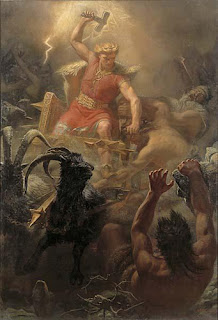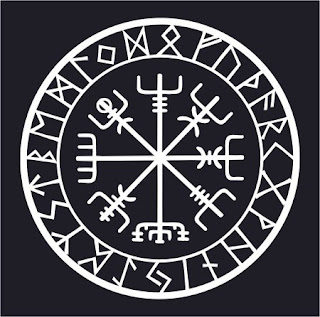 On a regular basis we are told that the media in countries like Russia and Turkey are restricted. Their media is not free and reduced to channels for the unceasing stream of State-propaganda. That might be the case, but how independent and free is the media in the Western world actually?
On a regular basis we are told that the media in countries like Russia and Turkey are restricted. Their media is not free and reduced to channels for the unceasing stream of State-propaganda. That might be the case, but how independent and free is the media in the Western world actually?The one who pays, decides
In 1983 about 50 media groups controlled the papers, radio and television networks, movie studio’s and publishers in the American media landscape. In 1992 about 24 of those were left and in 2003 there were only six. Furthermore, the residual media giants are all connected with each other by shares and profit shares. One by one they are under the control of financial monopolies, such as the New York Stock Exchange, Pfizer, Pepsi-Cola and American Express, who use the media mainly to look after their own interests. Because who controls the media landscape, controls what is news and what is not.
So it becomes clear that in contradiction of what the liberal myth,that the Western media supposedly has a critical and controlling function, wants us to believe, the Western media is not an independent opponent for the political and financial elites. On the contrary, the media is an extension of those elites and functions as their personal propaganda-channel.
The media giants are all embedded into the liberal free market; they are commercial enterprises whose main goal is making profit and who belong to the vested elites. As such, the Western media thinks and acts according to the dominant ideology, which is motivated by the elites who control them. Regularly the Western media lends itself for straightforward propaganda campaigns, who are nothing short of those of their Russian and Turkish counterparts.
Information as commodity
These days making media is big business. It costs huge amounts of money, which can only be generated by big wealthy corporations. In their turn these corporations are under control of their investors and the market principles. The media is part of the free market with all the negative consequences; scale enlargement, profit, and stock exchange listing.
Since the ‘80’s the neoliberal policies of the European Union are aimed at the privatization and deregularisation of the European media branch. As a consequence we witness an ever increasing concentration of media ownership in lesser and lesser hands.
At the same time consumers pay the media to be misled. To meet their profits advertising has become the most important source of income for the media. On their part advertisers publish their advertisements preferably in a consumer-friendly environment. Media which is easy and compliant finds advertisement sponsors, those who give a hard time don’t. Ofcourse advertisers prefer brainless lifestyle entertainment over difficult talkshows which can give you a headache. They force the media to look at the world through their eyes. They rather make us live in a fantasy world, than the reality of most ordinary people.
Advertisement weighs on information. An example of this is for instance a newspaper which publishes an advertisement for travels to the Middle-East next to a negative article about problems with immigrant youth. Ofcourse the advertiser protested, because that particular article was hard to unite with selling travels to the Middle East. The day after, the advertiser could place the same advertisement again for free. If this happens more often it will cost the newspaper a considerable amount of money. Therefore, next time they might be more careful and adapt the content to the wishes of their advertisers. This way the influence of the advertisement industry on media concerns increasingly grows further and with this the character of the information the consumers receive.
Internet the free alternative?
For a while it seemed that the arrival of the internet would offer a way out. A brand new medium that was accessible for all and where everybody could spread information. However, nothing is less true. Whoever these days wants to develop a multimedia website, needs huge amounts of money for internet infrastructure and servers. Next to this, making quality media still costs huge amounts of money and many hours of work and employees.
The software monopoly Microsoft, developed ‘Internet Explorer’, the first internet browser that was aimed on marketing. If the user visited a certain commercial website, the moderator of that site did not only know who this was, but also where he lived and which sites he visits on a regular basis. On the basis of this profile a selection of advertisements were offered. This method has become commonplace and is applied by practical all software monopolies - from Facebook to Google. Big software companies like facebook have thousands of employees and revenue billions, these pages are however “free” to use, this means that the user of these pages is the product.
Just as with the media monopolies, also the software monopolies and their information streams are controlled by the market and the financial and political elites. The openness and accessibility that was once the big strength of the internet, now has become its biggest weakness. All information on the internet is public and many times reaches people, corporations and agencies for which it was not meant. The big software monopolies control and manipulate the streams of information.
Conclusion
It becomes evident that the media in the West is neither more nor less corrupt than that of autocratic regimes like those in Russia and Turkey. Also, here the media is controlled and manipulated by the financial and political elites, reduced to true propaganda-channels in order to spread their ideology. Behind the liberal myth of freedom and democracy also lies an oligarchic system; the rule of big money. Therefore: remain suspicious and critical, don’t take everything for granted and above all do your own research!











